X-Men ’97 Tells One Part Of Superhero Stories Better Than Any Movie Or Show
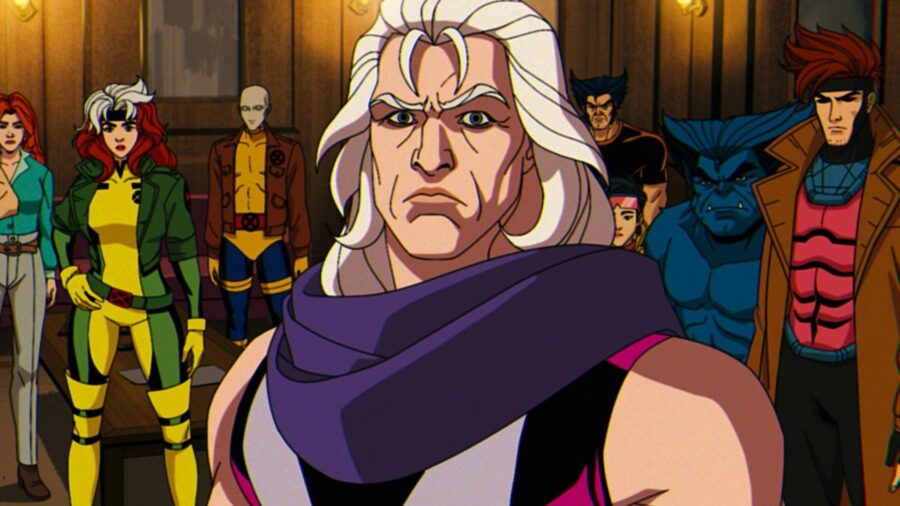
If you’re an X-Men fan and your eyes didn’t begin to water at the end of the X-Men ’97 episode “Remember It,” you might want to adopt the nickname Tin Man because you have no heart. I’m a grown man, and I’m not ashamed to admit that it took every last ounce of willpower I had not to break down into big, fat, snotty tears when Rogue held Gambit’s lifeless body in her arms. As far as comic book deaths, it was possibly the best I’ve ever seen, and as a Marvel fan for over 30 years, that’s saying something.
“Remember It” Set A New Standard
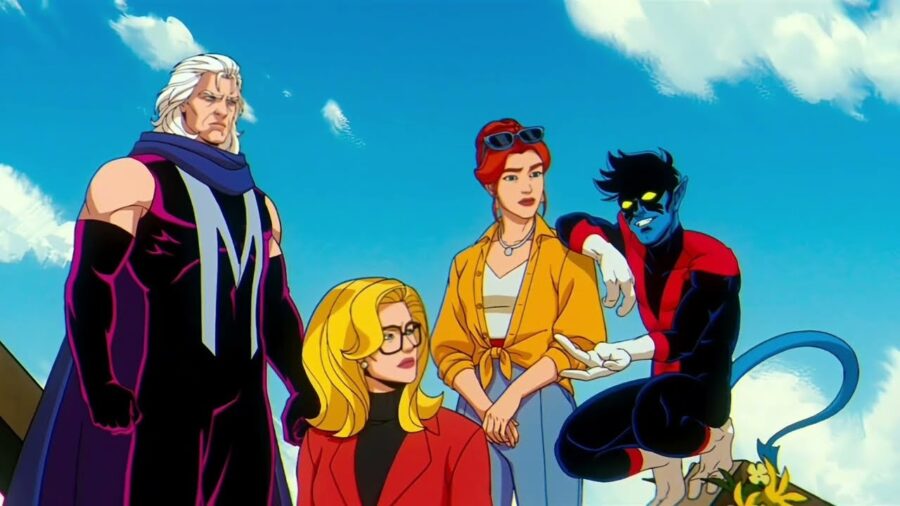
What makes the emotional depth of the casualties in “Remember It” even more impressive is that it’s only the fifth episode of the first season—I know these characters are coming back. Superhero deaths are the most temporary deaths in fiction. The unofficial saying used to be that the only permanently dead characters were Bucky and Uncle Ben, and well, we know how true that turned out to be.
And yet, when X-Men ’97 killed off Gambit, Magneto, the Morlocks, and a whole slew of others, I felt something that I didn’t feel watching a movie like Batman vs. Superman. For anyone who doesn’t remember, BVS ended with Superman sacrificing himself to take out Doomsday with a Kryptonite spear. It wasn’t even a particularly bad death, but it failed to evoke any emotion in me the way X-Men did.
A Personal Battle
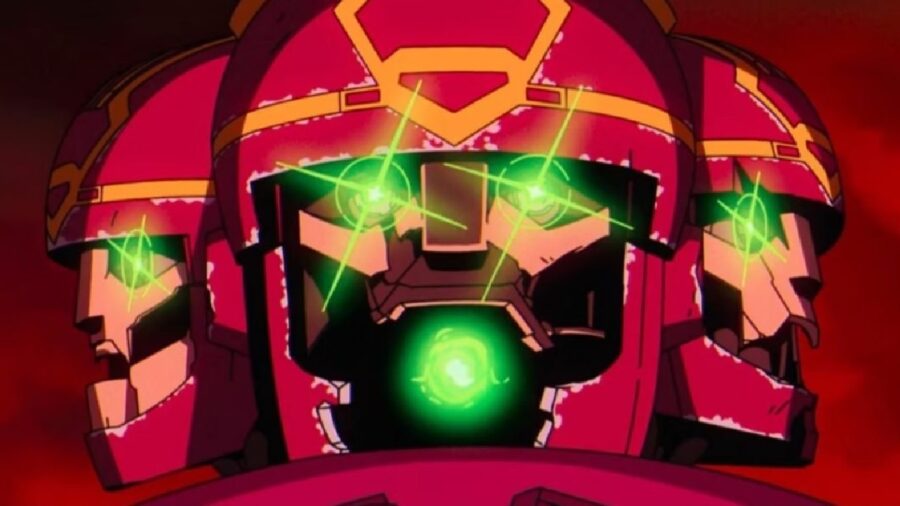
What makes Magneto and Gambit’s deaths more impactful than Superman’s? I honestly think it’s the execution, and X-Men ’97 nailed it, while other superhero media usually fall flat. When Magneto and Gambit died, it was at the hands of the Sentinels—long-time enemies of X-Men hellbent on exterminating the whole mutant race. The battle between the Sentinels and the X-Men was a personal one, and that made it so much worse when the evil robots gained the upper hand.
How Not To Do A Superhero Death
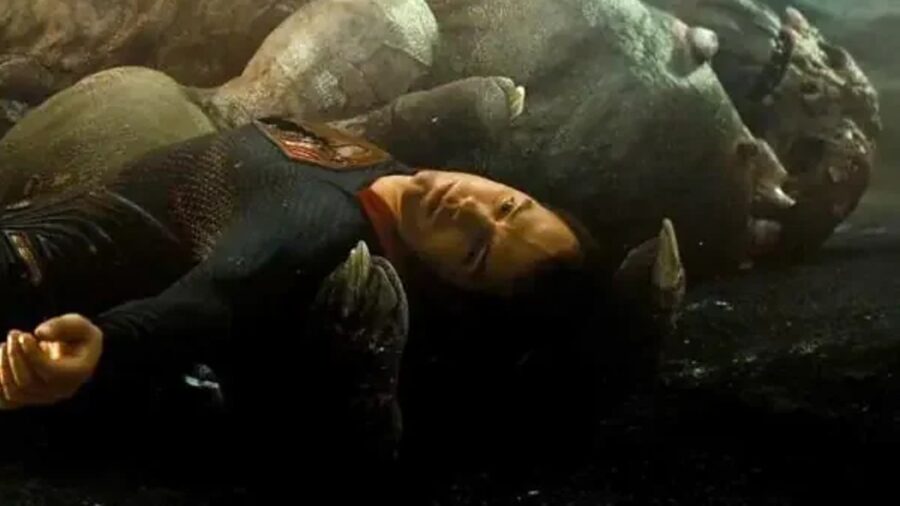
Compare that to Superman’s death. In the “Death of Superman” comic, the end of BVS is loosely based on Doomsday, an empty shell of a character that DC created specifically to kill Superman. There is no personal connection between the characters. Superman could have died having a giant boulder fall on him, and it would have had the same emotional resonance as his fight with Doomsday.
At least in BVS, Doomsday is a corrupted clone of General Zod, giving him more of a connection to Superman. Even then, it wasn’t much of one, as Doomsday was a mindless rage beast with no personal vendetta against supes. It was almost the exact opposite of the X-Men ’97 situation.
Marvel’s Done It Right Before
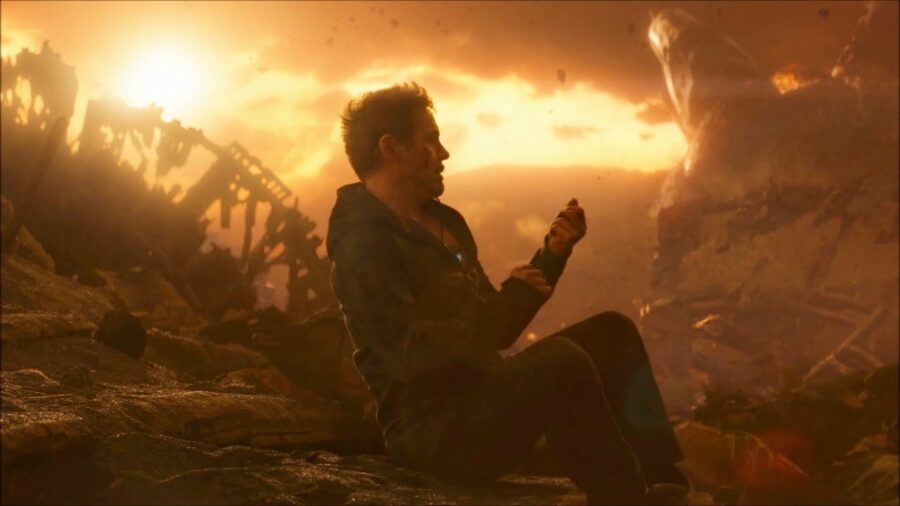
But everyone picks on Batman vs. Superman. Let’s use another more popular example: Avengers: Infinity War. I can only speak for myself, but of all the characters who turned to dust at the end of Infinity War, only one made me even remotely sad. Peter Parker, doing his best 10th Doctor impression, “Mr. Stark, I don’t want to go!” was the only death in that movie that tugged at my heartstrings, and Guardians of the Galaxy is my favorite MCU franchise.
Sure, it was the first half of a two-part movie, and I knew everyone would come back in Endgame, but as I said, I also have a sneaking suspicion that the fallen X-Men will be back, too. So what did X-Men ’97 do that was so different than all the other shows, movies, and books that kill off superheroes like they’re pruning a hedge? Simple, they engaged in emotional manipulation.
Poetic Death
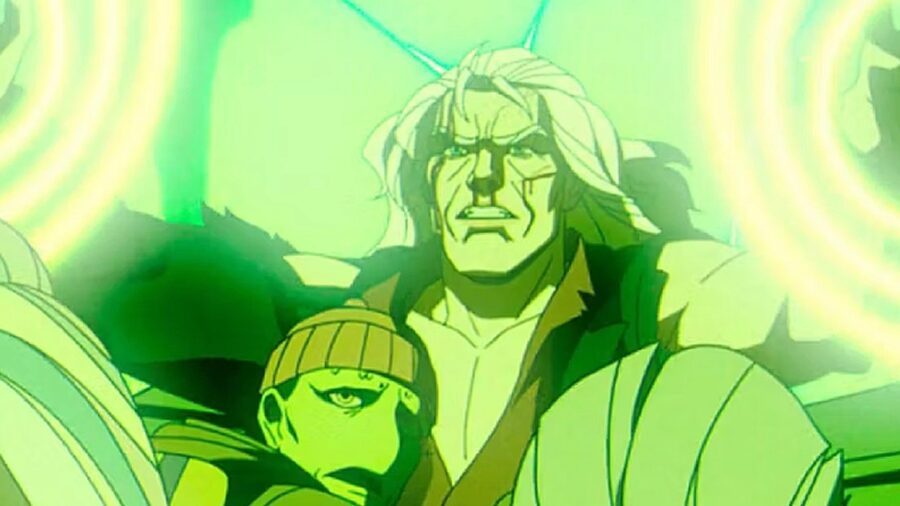
A lesser show would have had Magneto fall in the middle of combat, but X-Men ’97 had him die while he was protecting a group of mutants with his forcefield. After all, what has been at the heart of all Magneto’s radical actions, if not the eventual safety of mutant kind? But that wasn’t enough for ’97; they had to call back to an earlier episode when Magneto told the Morlock Leach that he never had to be afraid again.
Not only are Magneto’s final words to the Morlocks right before they all die, but he says it in his native German because that’s likely what his mother said to him right before she and his father were taken away by Nazis. Talk about a show ripping your heart out!
The Death Of Gambit
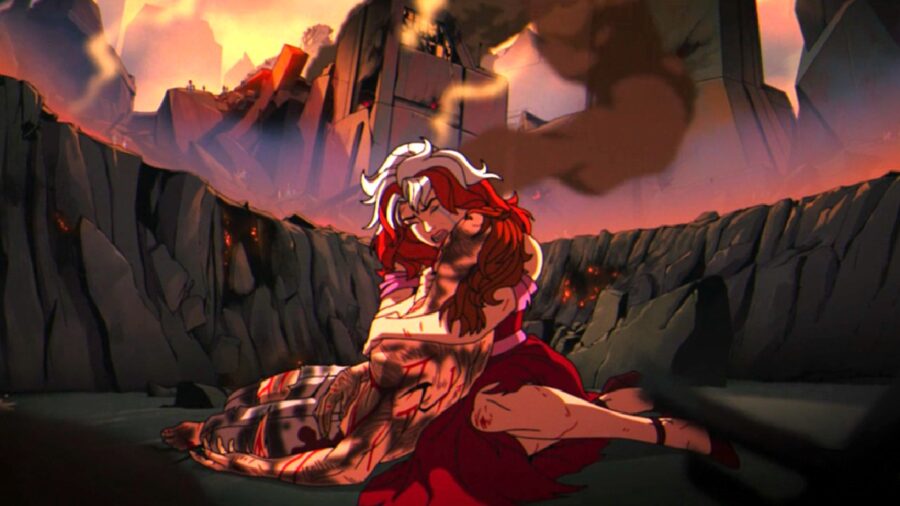
Gambit’s death in X-Men ’97 was just as poignant. Here’s a character who’s spent his whole life trying to prove that he’s more than the sleazy “swamp rat” he resembles on the surface, finally getting a chance to show the world he’s a hero. And what badass line does he say right before he blows himself and one of the sentinels to smithereens?
“The name’s Gambit. Remember it.”
Chills. I got chills just typing that.
The Mutant Massacre
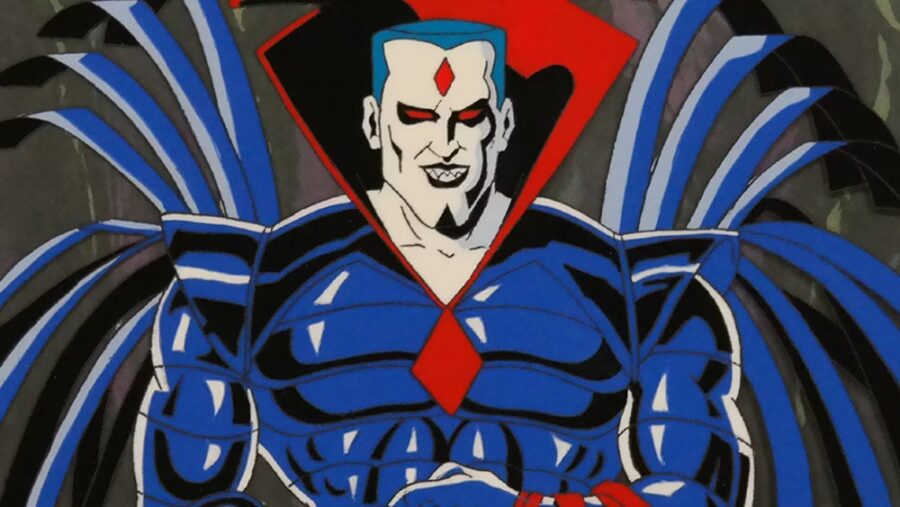
For longtime readers of the X-Men comics, Gambit’s death had even more meaning given that he, too, perished while protecting the Morlocks. One of the earlier crossovers between the X-books was an event called The Mutant Massacre, where a group of murderous mutants called the Marauders was sent by Mr. Sinister to exterminate the entire Morlock population living in the NYC sewers. It was revealed years later that Sinister hired Gambit to put the Marauder’s team together, something he has felt guilty about ever since.
Thanks to X-Men ’97, at least one version of Gambit has been able to atone for his sins.
X-Men 97 Managed To Evoke Real Emotions
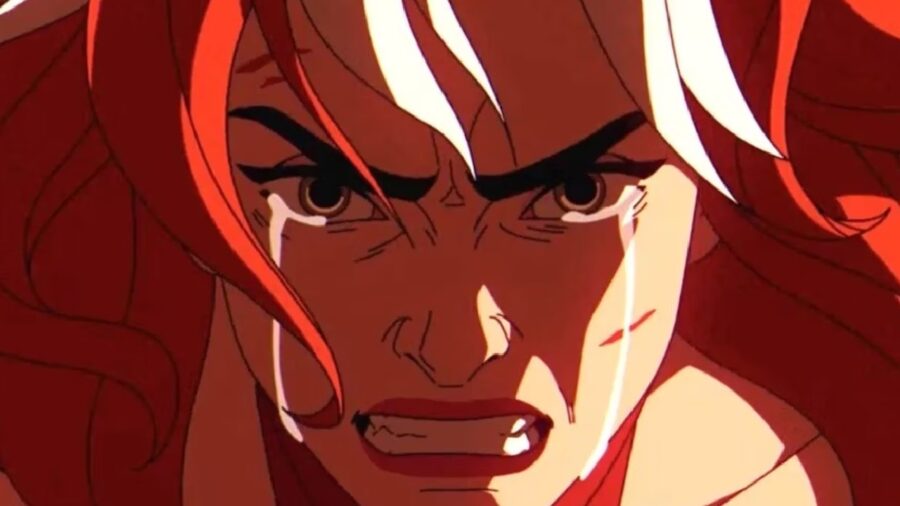
I don’t know what Marvel or DC property will be the next to feature a superhero biting the dust, but I don’t know if I’ll be judging it against X-Men ’97. If superhero media wants me to actually care about a character being dead for a few months, they need to learn how to make that temporary death as emotionally impactful as possible. And to do that, studios have to be willing to be a little emotionally manipulative with the circumstances surrounding their characters’ deaths.
Until then I’ll just be over here pretending that I got something in my eye…I mean allergies, it’s totally allergies.












